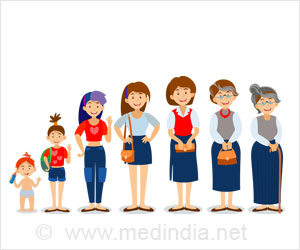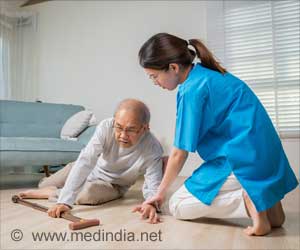Older people who are vulnerable to loneliness can have a severe effect on their life expectancy. More public policies to tackle this loneliness are the need of the hour in this pandemic era.

‘The impact of loneliness in old age on life and health expectancy needs to be handled seriously with correct measures.’





Research Project Professor Yasuhiko Saito, from the College of Economics, Nihon University, a senior co-author of the study, said, "This study is timely because stay-at-home and physical distancing measures instituted since the start of the COVID-19 pandemic have only intensified concern for the mental and physical well-being of older persons” .The study findings published in Journal of the American Geriatrics Society show that people aged 60, who perceive themselves to be sometimes lonely or mostly lonely, can expect to live three to five years less compared to peers who perceive themselves as never lonely.
Similarly, at ages 70 and 80, lonely older persons can expect to live three to four and two to three years less compared to non-lonely peers.
The researchers explained that the perception of loneliness has a similar impact on two types of health expectancy, either living the remaining life in a self-rated state of good health or living the remaining years of life without being limited to daily life activities.
Singapore is a country with a rapidly aging population, and a collectivistic culture, where relationships and the interconnectedness between people are important.
Advertisement
Transitions in Health, Employment, Social Engagement, and Intergenerational Transfers in Singapore (THE SIGNS) study in 2016 and 2017 looked into factors influencing health, well-being, and activity and productivity levels in older Singaporeans.
Advertisement
Across education levels, the proportion of lonely older Singaporeans was lowest (33 per cent) among those with no formal education, and highest (38 per cent) among those with higher-than-tertiary education.
Combining The SIGNS study and the new study findings, the population health impact of loneliness, and the importance of identifying and managing it among older adults are very important.
In 2018, the UK launched a national strategy for tackling loneliness and, in 2021, Japan appointed a 'Minister of Loneliness'.
As a result of pandemic control measures, older persons at potentially greater risk of loneliness aroused the need for more policies from governments to tackle loneliness. .
Source-Medindia









